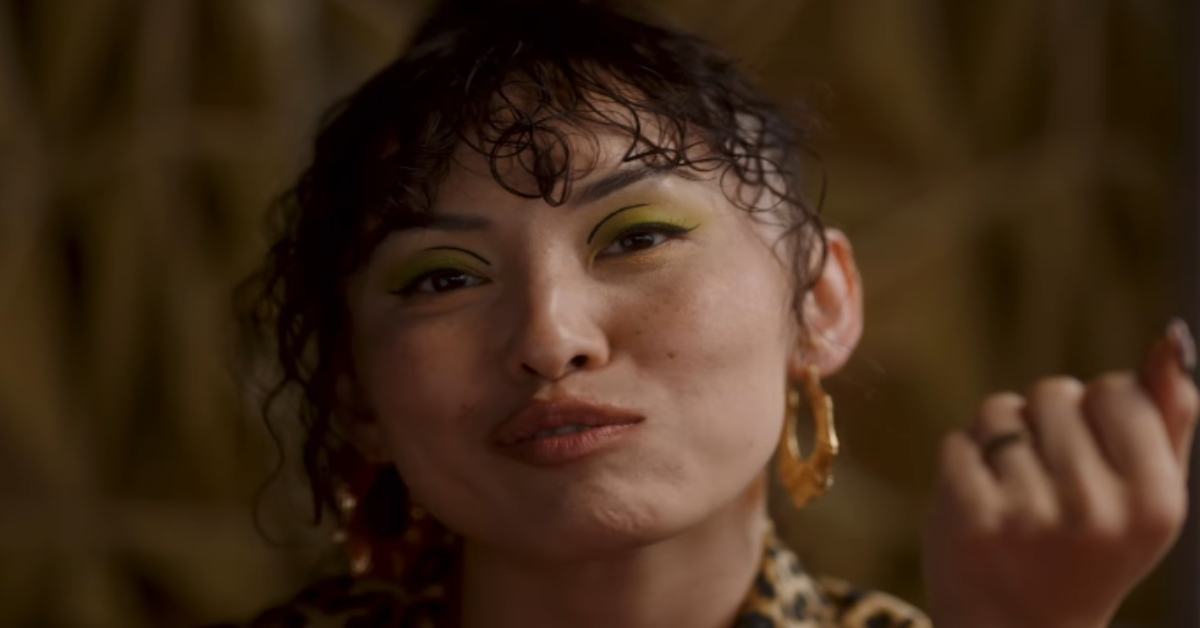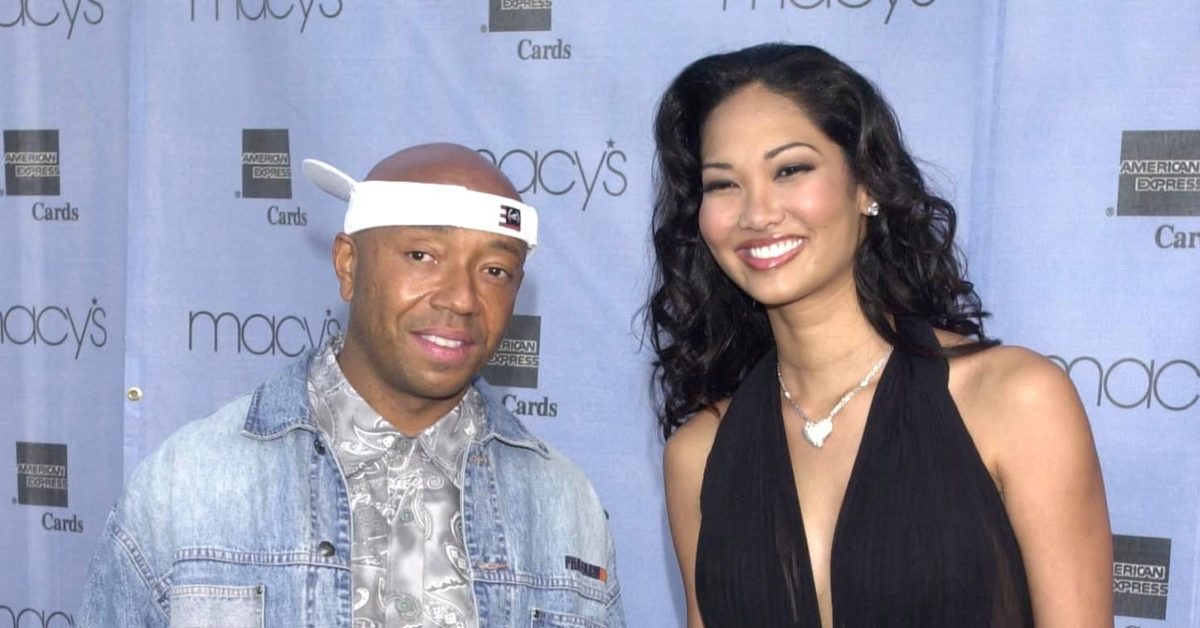BY: LBS STAFF
Published 7 years ago

The air is thick with anxiety here in Brazil and I am getting emotional flashbacks to the days leading up to the election of Donald Trump two years ago. However, the stakes here seem much higher, not just for the 112 million Afro-Brazilians but for Black people in the U.S. and around the world.
On Sunday, Latin America’s largest nation will participate in what may be the most consequential election of its fragile democratic system. For the vast majority of Black people, there is a fear that the clock might turn back 50 years. The leading presidential candidate pines for the days of Brazil’s military dictatorship; an era that was downright brutal for Afro-Brazilians. The government tortured, imprisoned and exiled dissidents.
Jair Bolsonaro is a former army captain turned federal deputy who is known more for his anti-Black, anti-women, and anti-LGBTQ rhetoric than his solutions to solving Brazil’s problems. He fell 2 points shy of winning 50% of the votes in the first round of elections. Now, he may very well win the presidency if his 57% to 43% lead against the Worker’s Party president candidate Fernando Haddad holds up in Sunday’s runoff. Bolsonaro is often referred to as Brazil’s Donald Trump, he has uprooted the political norms with statements of xenophobia and hate.
He said that Afro-Brazilians living in quilombos – historic settlements founded by Africans – are “not even good for breeding anymore.” He once told a female political opponent that she didn’t deserve to be raped by him. Regarding his consideration of the LGBTQ community he said that “no father would ever take pride in having a gay son” and that he would rather wish his child dead than gay. He has also heightened aggression towards media, referring to unfavorable coverage as “fake news.” Sound familiar?
He is also running a ‘law and order’ campaign. Bolsonaro has promised to reduce the nation’s rising crime by using the armed forces to patrol streets. Boasting that he wants to “clog up the prisons with criminals” and that he “will give police carte blanche to kill.” Also, a huge part of his platform is to make guns available to private citizens to secure themselves. If this happens, you can be sure that a version of the “stand your ground” laws will make it to the world’s murder capital.
His statements are frightening to many here because Brazil already has the fourth largest prison population in the world. It’s size has increased by 74% in the last 7 years and as you can guess, it’s disproportionately black. Police need no further encouragement to kill “thugs.” At least 4,224 people were killed by police in 2016, up 26% from the previous year.
The ties between Trump and Bolsonaro are much deeper than their rhetoric; they appeal to a growing white psychographic. They share a global political base led by scared white men who are driving the global alt-right movement. They are threatened by the perceived social gains by people of color and they can’t stand women who buck the patriarchal hierarchy. They ostracize anyone who is not one of them. Their fear is driven by their receding population and the desire to maintain global white male privilege. This accounts for the rise in white supremacy groups throughout Western societies and perhaps even more aggressively in Brazil; a nation that received as many as 2,000 Nazi soldiers from WWII which included Bolsonaro’s great-grandfather.
On Monday in Texas, President Donald Trump boldly proclaimed, I am a “nationalist.” He stopped short of saying the words ‘white nationalist,’ but it doesn’t take a political scholar to decode the very deliberate message he was sending to the largely white crowd, who in response bathed their fearless leader with their predictable chants of “USA! USA!”
There was a brief period in time when white supremacists did more to obscure themselves in politics and in public, but the Trump era has changed that. The president has become a global symbol for white-identity politics. Racist dog-whistling has given way to overt proclamations of hate and ignorance and Trump fully understands that he has a captivated audience with global white pan-nationalists.
“Let them call you racist.” said Steve Bannon, Trump’s former campaign manager and White House Chief of Staff in front of a far-right group in France earlier this year. “Let them call you xenophobes. Let them call you nativists. Wear it as a badge of honor.”
After several reports of members of Bolsonaro’s inner-circle meeting with Bannon, the alt-right political strategist highlighted the importance of Brazil in a worldwide nationalist network he is trying to build with his foundation “The Movement.”
“The Movement is actually not just about the EU. It is really global in nature,” Bannon said in London this month. “I see what is happening in Brazil as part of this populist movement.”
In the United States, the media has historically treated white supremacists dismissively like the crazy but harmless uncle. In the U.S. a record breaking number of neo-Nazis and white extremists are running for office and they are making even more political gains in Europe. No longer a faction on the fringe, they are being elected as heads of states with the power to create domestic and international policies to continue their crusade and oppression. They have also emboldened and enlisted violent and radical foot soldiers who will continue to use terrorist tactics to harm the lives of their enemies.
As Black people throughout the world, we are busy fighting our own battles on local and national fronts. It is time we start thinking of how we can be more globally active in response to growing white pan-nationalist movement. Brazil, represents one of many opportunities for us to begin to start creating political, economic, and social bridges to solve the problems that will only deepen under the governance of white extremists.
In order to work together we must end modern Black tribalism, which restricts our thinking to the lands in which our ancestors were either enslaved and colonized. Our fragmentation is perhaps still the greatest achievement of colonialism. We must recognize that while our struggles are not entirely the same; the systems of our oppressions are not the same either but they conspire together to erase the advances paid with the lives of our ancestors in every part of the globe.
We need more Pan-African movements in response to a worldwide network of white nationalist, not for the sake of matching their hate but with the purpose of working to elevate our people in every city, state, country, and continent we inhabit.
More Black American entrepreneurs must look at opportunities to do business with Black people in Latin America and Africa. We must work to elect more politicians and they in turn must be staunch advocates on behalf of Afro-descendants everywhere. More of our civil rights leaders must see the bigger picture and expand the fight against racial oppression beyond the U.S. borders. Our institutions of higher learning must find ways to use the digital age to open up their doors for millions of Black people who are denied education. Black media must connect us with more information about ourselves on every continent of the world. We must work harder to offset the ills that we should anticipate from white extremist led governments.
I believe this may be the only way we will advance in what appears to be a new era in global politics.
David A. Wilson is a journalist, entrepreneur, and co-founder of theGrio.com. He is a partner in AFAR Ventures LLC, a market-entry company for businesses looking to reach Black people in Latin America. Follow him on Instagram @mrdavidawilson.






